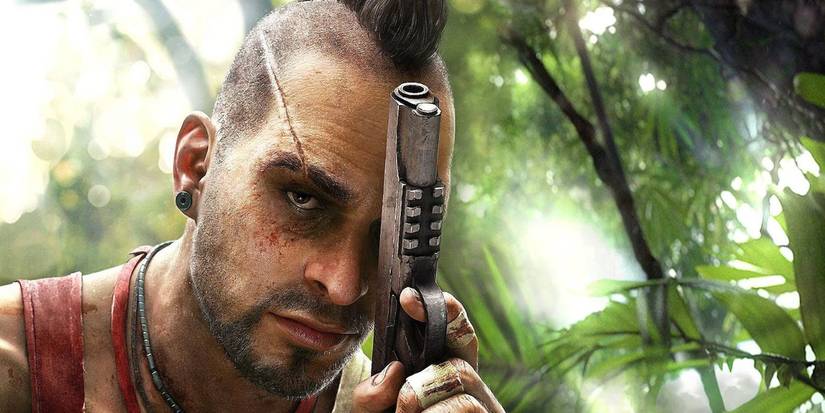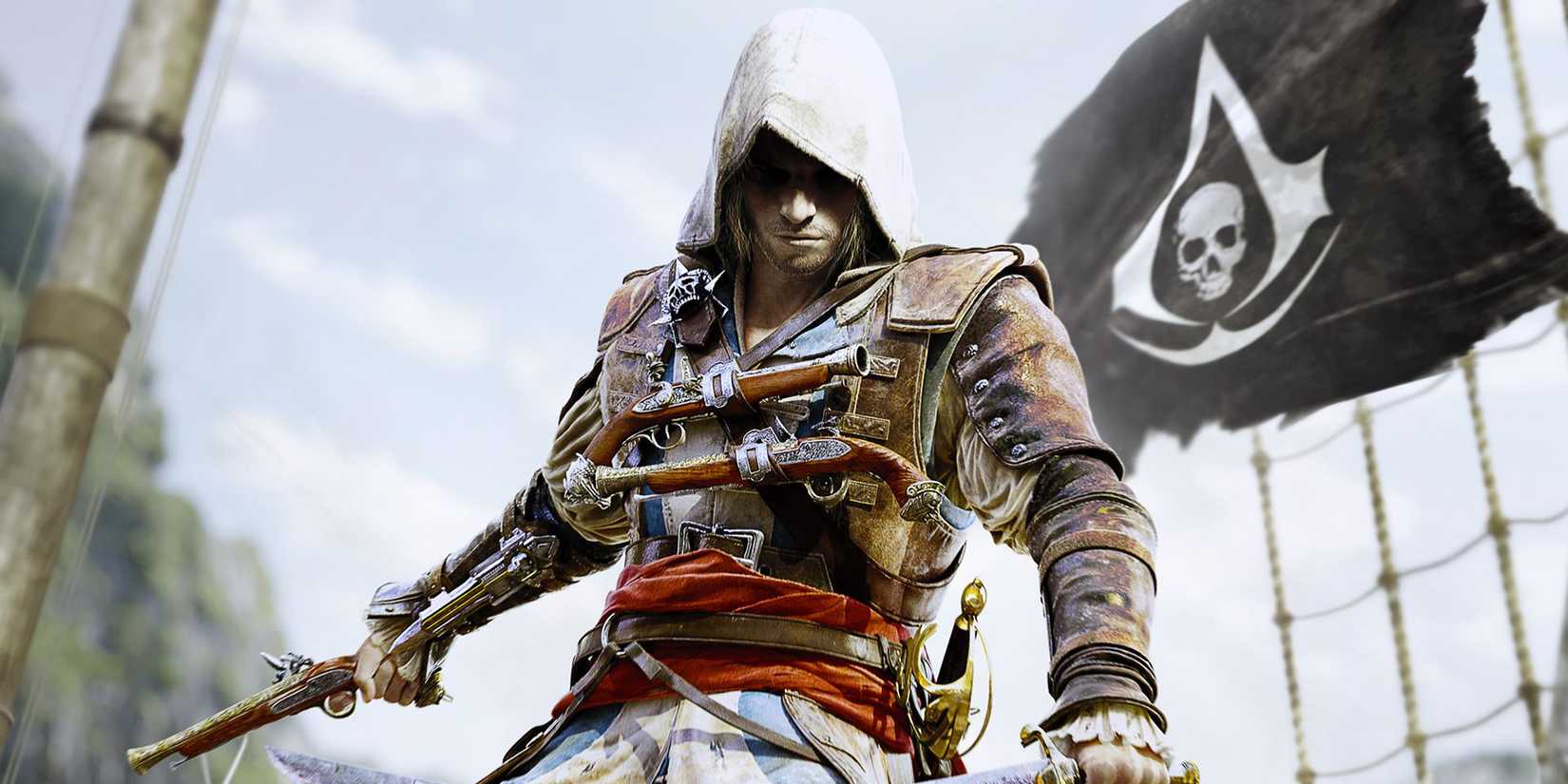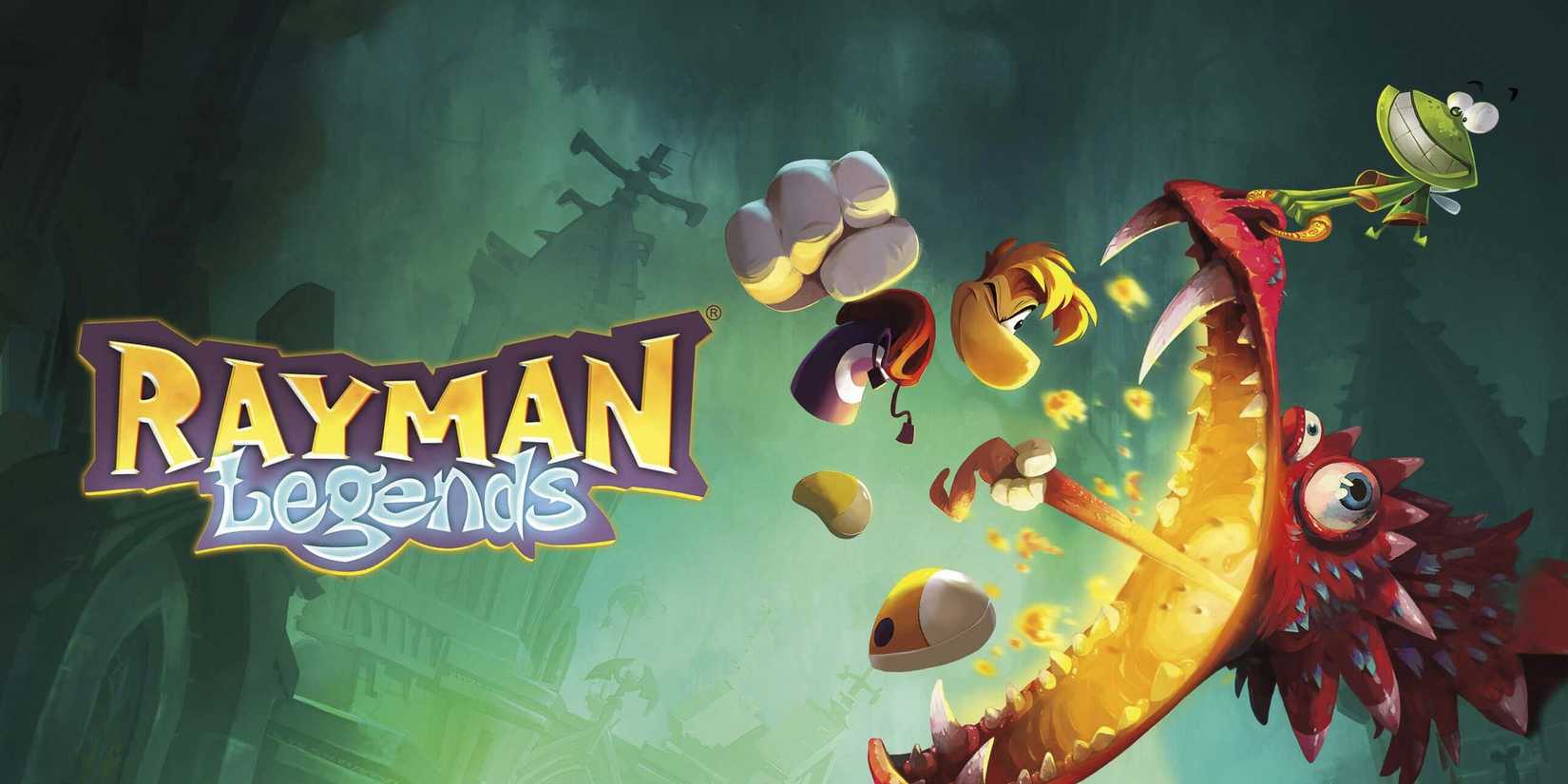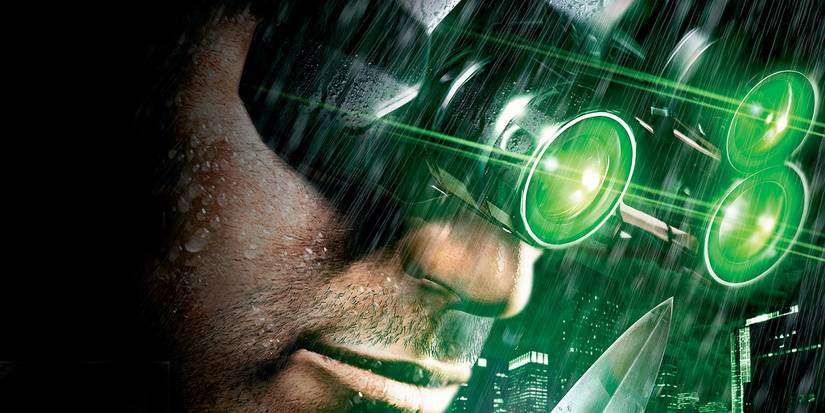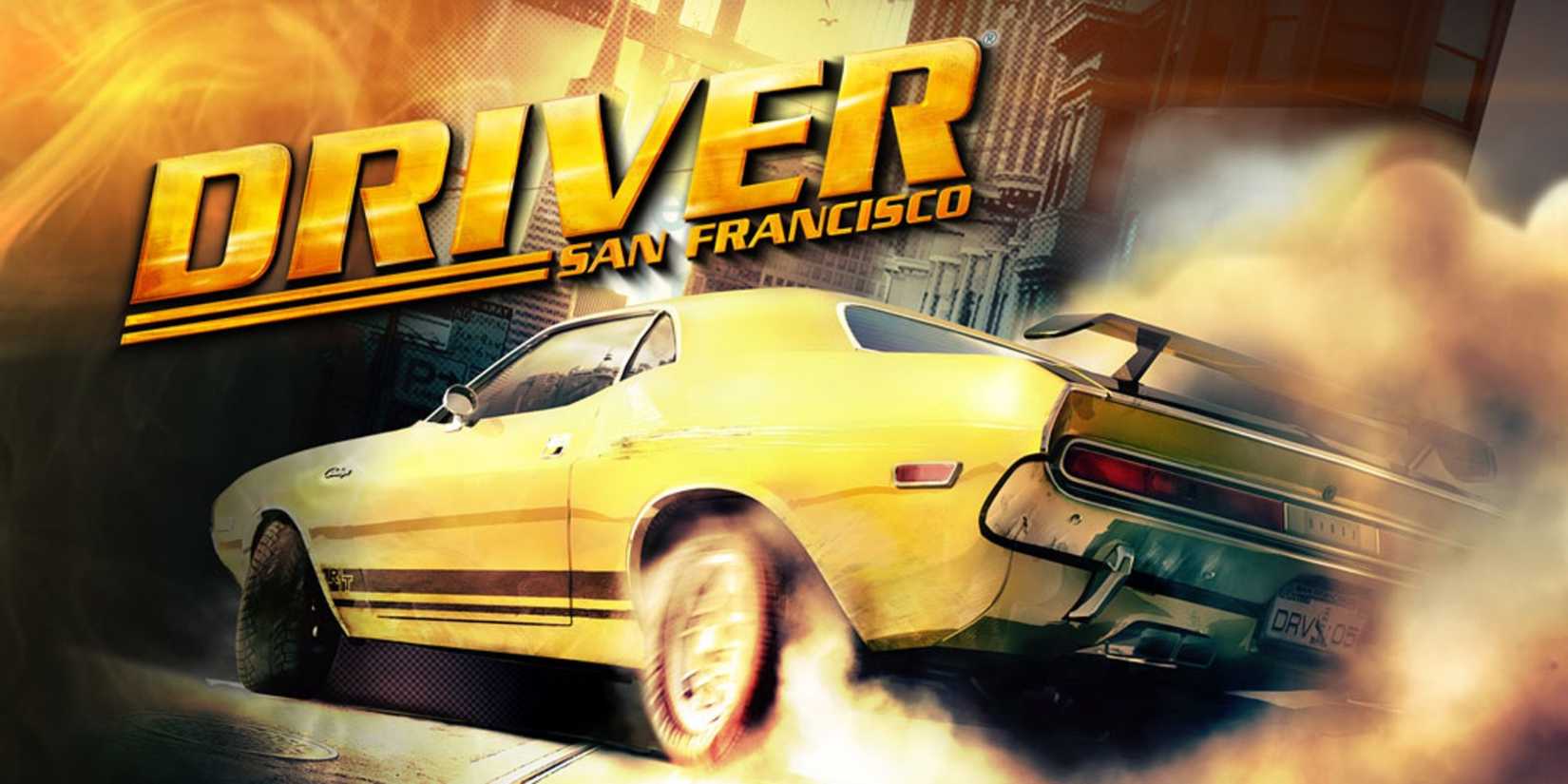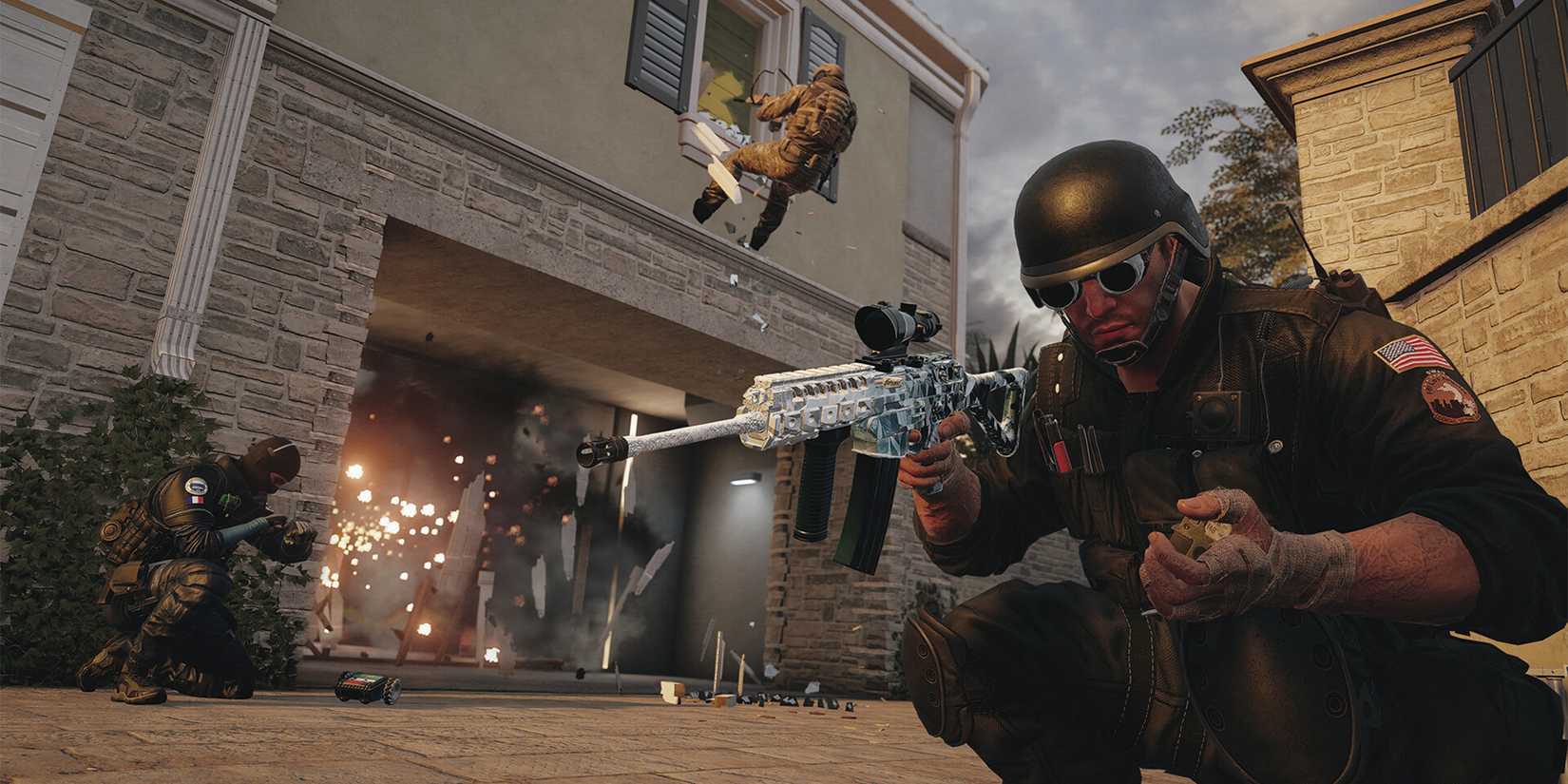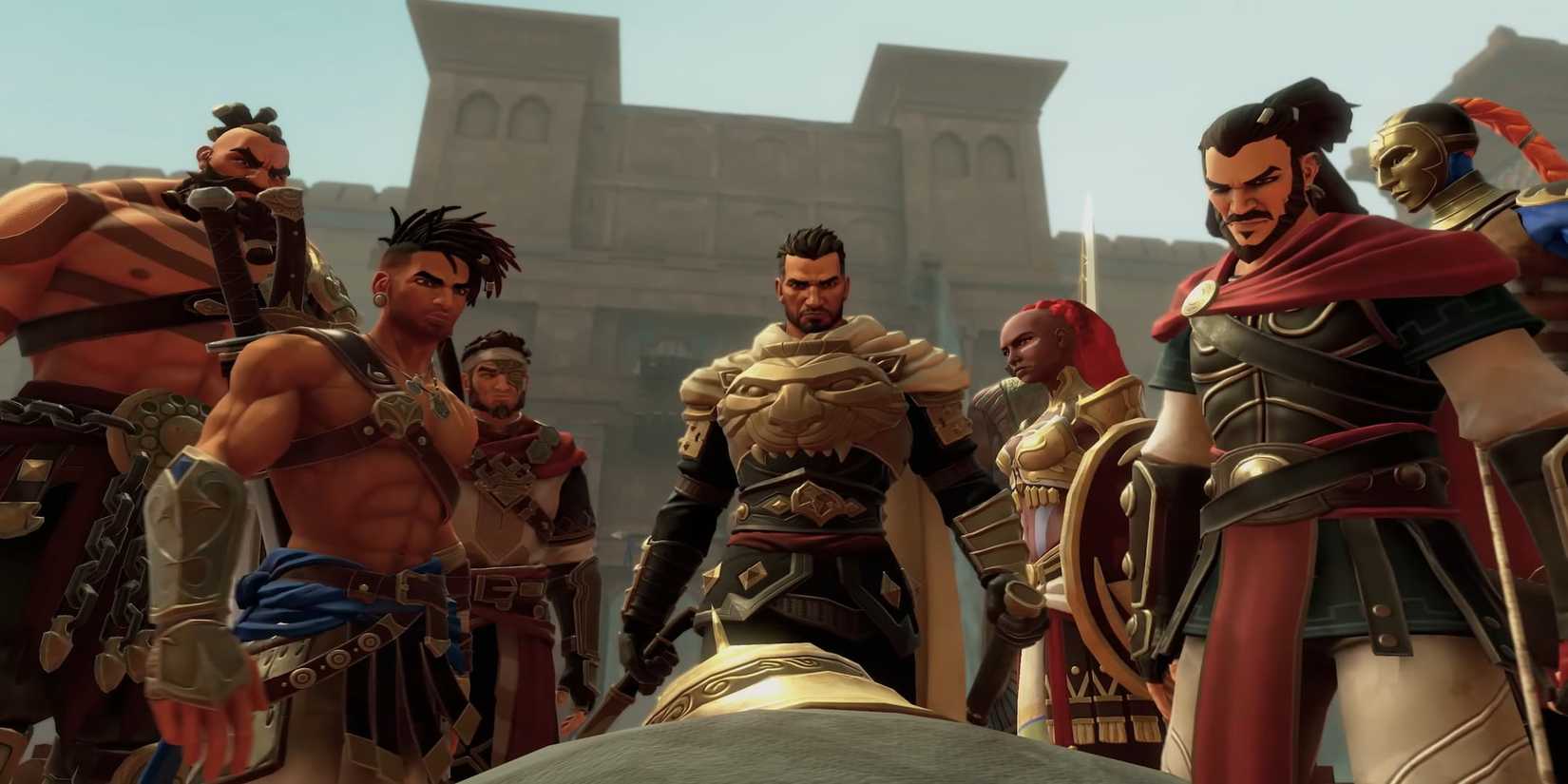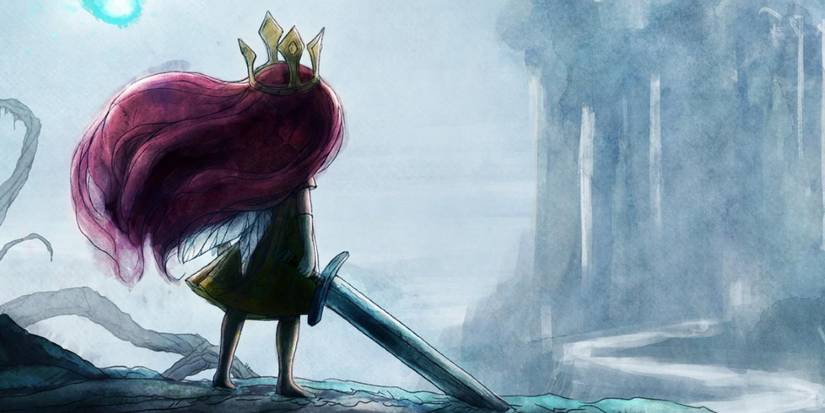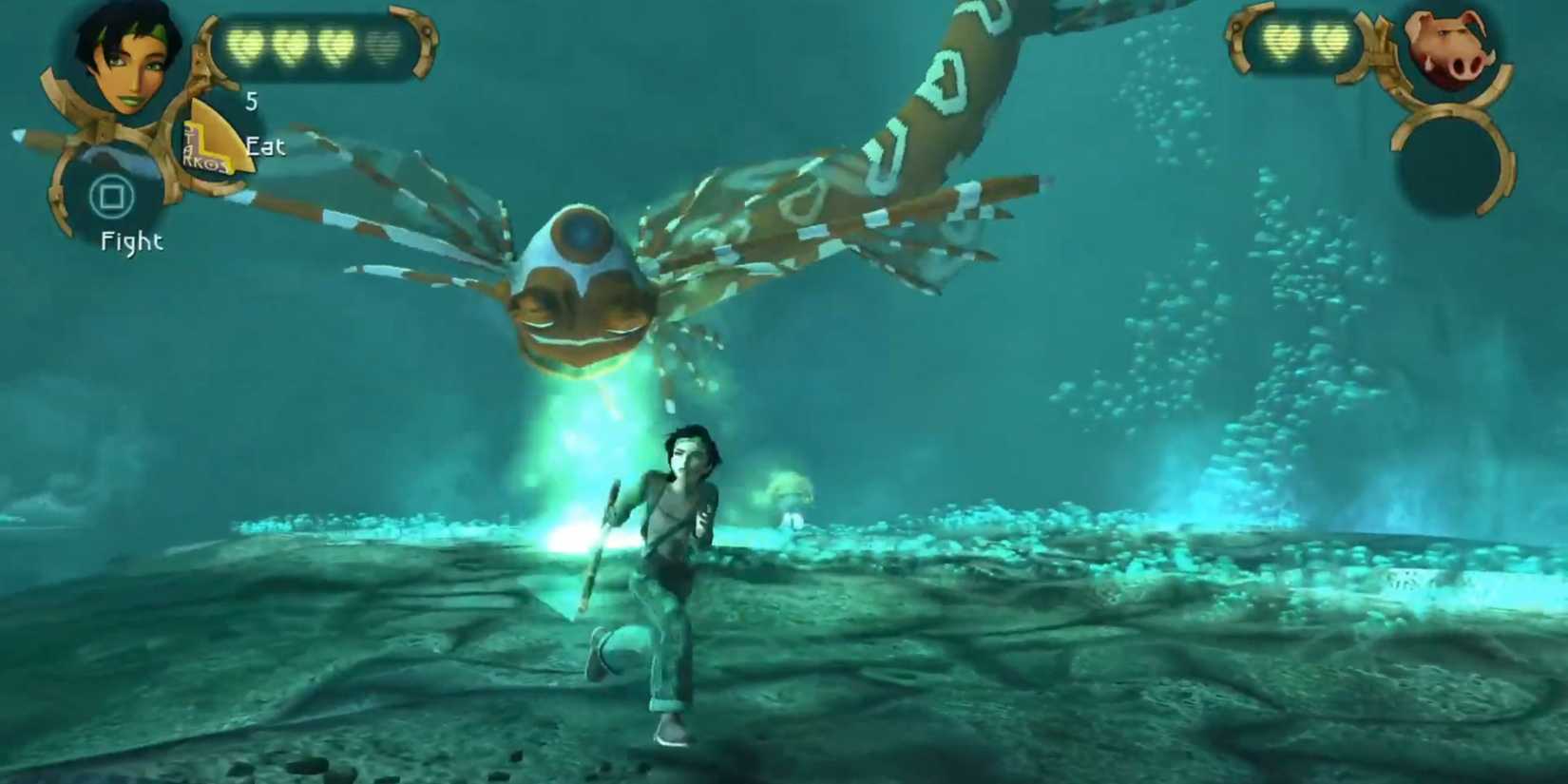Ubisoft has been involved in so many different games that curating a list of its greatest titles is a little tricky. Not only did it publish just about every movie and TV tie-in game throughout the early 2000s – Lost: Via Domus, anyone – but it is also responsible for creating some of the most iconic and groundbreaking franchises of all time. Its influence within the open-world genre especially, is immense, even if, as of late, it has felt like the quality of its titles has slipped.
Still, if you’re looking for a collection of truly fantastic Ubisoft games, then you’ve come to the right place. As much as I’d like to put in some of Ubisoft’s lesser-known titles – you won’t find any CSI games, Rayman Raving Rabbids, or that one Naruto game here – these games are truly the very best that Ubisoft has created. In no particular order, these are the titles Ubisoft should be extremely proud of and we as players grateful we got to experience.
10
Just Dance
It Is An Iconic Series That Deserves Recognition
As much as people may bemoan the addition of Just Dance on a list of Ubisoft’s greatest games, it’s hard not to recognize just how influential and prevalent the franchise has been since it first launched back in 2009. It likely exists in practically every house, bundled with dusty Wii remotes and the Xbox Connect. Just Dance is iconic for a reason, each entry more or less doing the same thing, but mastering it practically every time.
While it’s hard to pinpoint a specific entry that outshines the rest – for they are all largely the same – Just Dance 2014 featured a plethora of engaging content and a strong selection of songs genuinely worth dancing to. The dances, vivid colors, and generally positive tone of the series have made each game a memorable experience. Of course, later entries have dipped in quality somewhat, but it is hard to deny just how actually fun the Just Dance series has been for nearly two decades.
9
Far Cry 3
The Best In The Series & Revolutionary For Open-World FPS Games
Far Cry 3 may be the first game people think of when they are choosing Ubisoft’s greatest hits. It is not only one of the most recognizable titles, jettisoning the series into the realm of mass appeal with its memorable villains and enchanting world, but also a truly remarkable title that dictated the direction of almost every open-world game until Breath of the Wild came out.
We now lament the inclusion of radio towers in games, with even Far Cry 5 poking fun at them, but they were a fun innovation at the time, and, frankly, Far Cry 3’s version of them is easily the best. From Vaas to the delightful and secret-laden Rook Islands, Far Cry 3 isn’t just one of Ubisoft’s best; it may indeed be its very best. It also spawned a handful of decent sequels, many of which became some of the best co-op shooters, of which, frankly, there aren’t enough.
8
Assassin’s Creed IV: Black Flag
The Most Beloved In The Series
It wouldn’t be a Ubisoft list without Assassin’s Creed. While each entry has its strengths – perhaps, in my opinion, aside from the first and Valhalla – Black Flag has to be the most discussed and beloved. The sheer number of rumors surrounding an alleged Black Flag remake, alongside the mere existence of Skull and Bones, Ubisoft’s failed attempt at recapturing Assassin’s Creed’s best entry, proves that AC: IV is a game worth caring about.
It is one of the few games that nailed naval combat, made exploring far too many islands actually fun, and, one of the few Assassin’s Creed games that actually has a good story. Assassin’s Creed IV: Black Flag introduced us to one of gaming’s best protagonists, genuinely engaging parkour, and set the standard for this type of open-world game for years to come.
7
Rayman Legends
An Underrated Classic
Ubisoft isn’t particularly well known, anymore, for games outside the open-world RPG genre. However, once upon a time, it experimented quite a bit with platformers, puzzle titles, stealth experiences, and so much more. Rayman Legends is proof that Ubisoft is capable of so much more than just copying and pasting the Assassin’s Creed formula.
It is a colorful, frenetic, action-packed platformer with some of the most fluid, creative, and engaging level design in the history of the genre. Rayman Legends isn’t particularly overlooked – there are far more obscure Ubisoft hidden gems out there – but it doesn’t get nearly as much attention or praise as it deserves. Frankly, it should be uttered in the same breath as Ori and the Will of the Wisps.
6
Splinter Cell: Chaos Theory
Still One Of The Greatest Stealth Games
There’s quite a considerable amount of desire for a new Splinter Cell game from its most dedicated fans, and it isn’t hard to see why. While not every game in the series is perfect, those that really nailed the formula have proven to be some of the greatest stealth games of all time. Chaos Theory, which really refined the series’ trademark gameplay, should be the blueprint for all games like it. It is genuinely that good.
It cleverly integrates both stealth and action mechanics to emphasize the former while still catering to the latter. It ditches the instant fail state when caught, and inside allows tension to build and players to wrangle their way out of difficult situations as they see best. Splinter Cell: Chaos Theory is creative, gritty, dark, fun, and a genuinely compelling game that remembers that stealth mechanics have to be more than just throwing stones to distract enemies and attacking them when their backs are turned.
5
Driver: San Francisco
A Truly Inventive Driving Game
Driver is one of Ubisoft’s most underrated series, and I wish more people talked about it. It is the precursor to Ubisoft’s The Crew, although minus the online-only requirement and poorly implemented microtransactions. Instead, Driver is just a really great series about driving across beautiful cities with excellent handling, and fun novel additions to help spice things up.
Case in point is Driver: San Francisco, a game that not only features some of the best driving mechanics in all gaming, but also the fun gameplay feature of teleporting between cars, allowing you to switch vehicles literally on the fly. It is as fun as it sounds, and the game’s gorgeous version of the titular city makes for an excellent sandbox to drive around in. With explosive missions to complete, a fun story that ties into Driver 3, San Francisco is easily one of Ubisoft’s best games.
4
Rainbow Six Siege
One Of The Greatest Comback Stories In Gaming
It is easy to forget that Rainbow Six Siege, a game that still ranks as one of the best multiplayer shooters of all time, launched in a pretty dire state. Six Siege was not favorably received at launch and required a serious amount of hard work and dedication from Ubisoft to turn it around. Fortunately, the developer managed to make it not just a great game, but a ridiculously profitable one too.
Rainbow Six Siege may have had its ups and downs over the years – and a rather bafflingly bad extraction spin-off game – but it still remains a consistently excellent game that manages to meaningfully integrate tactical gameplay, environmental destruction, and interesting character design in a way few other games have dared. Rainbow Six Siege isn’t for everyone, but Ubisoft genuinely did an amazing job with it, at least eventually.
3
Prince of Persia: The Lost Crown
A Modern Classic
There are lots of great Prince of Persia games, but none are as good as one of its most recent entries, The Lost Crown. Once again, Ubisoft proved it can make decent games outside its well-known and familiar formulas with this masterfully crafted MetroidVania. Its precision platforming, interesting abilities, captivating boss fights, and unique art style put a fun spin on the franchise that I’m not sure any of us saw coming.
It is a shame that the team behind it was disbanded and moved to other projects, despite a sequel allegedly having been pitched and rejected. There was a lot of potential for this universe to have more great games like it that we’ll never get to see realized. Regardless, Prince of Persia: The Lost Crown is another feather in Ubisoft’s very versatile cap, and a great showcase for what the publisher can do when it lets its most creative developers break away from the formula.
2
Child of Light
A Hidden Ubisoft Gem
Child of Light is the Ubisoft hidden gem you’ve maybe heard of the most. It, alongside the likes of Valiant Hearts, makes up what feels like the studio’s most indie experiences. Child of Light is perhaps Ubisoft’s best-looking game, despite the fact that it doesn’t conform to the studio’s desire to make the most realistic worlds imaginable. It is colorful, creative, vibrant, and often jaw-droppingly engrossing, making for a fantastical world that actually immerses you.
Child of Light is a fairly experimental RPG for Ubisoft, veering more into JRPG territory with its active-time battle system. That sense of being so far removed from anything else the studio does is what makes it one of its greatest games. It is inventive in a way Ubisoft hasn’t been in quite some time, and, thus, a remarkable achievement. Honestly, if you were to play any Ubisoft game, I’d probably recommend this.
1
Beyond Good And Evil
Ubisoft’s Cult Classic Masterpiece
Beyond Good and Evil is probably the closest Ubisoft has to a cult classic game. It is from that truly exceptional era of adventure games with impeccably inventive art styles that feel like nothing else available. Beyond Good and Evil’s world is so unique, oozing with atmosphere, tantalizingly engrossing worldbuilding, and a cast of incredibly memorable characters.
It is no wonder that so many people constantly latch onto any Beyond Good and Evil 2 rumors that occasionally circulate on the internet before fading into obscurity. This is the type of game Ubisoft, and really the gaming world at large, should be making. It is the game I think of the most when I reflect on Ubisoft’s wasted potential as a developer. Beyond Good and Evil is definitely one of Ubisoft’s greatest games, and I sincerely hope it is remembered as such.
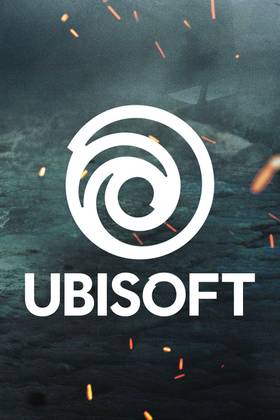
- Date Founded
-
March 28, 1986
- CEO
-
Yves Guillemot
- Services
-
Ubisoft+
This story originally appeared on Screenrant


